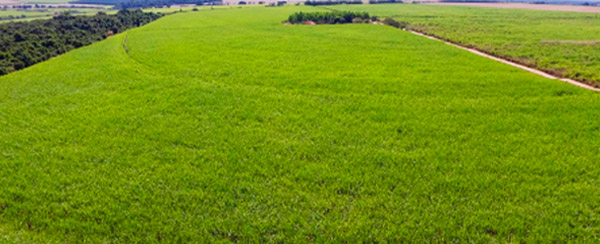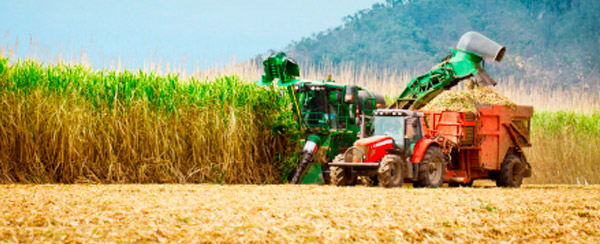LABOR
CONDITIONS
The Brazilian sugarcane industry follows strict labor standards that set an example for other sugarcane industries around the globe. As with most large-scale agriculture activities, sugarcane production requires a large workforce especially for sugarcane mechanized harvest, loading and transport activities. The Brazilian sugarcane industry employs 730,000 people. Source: RAIS 2023/2024
![]() Sugarcane industry workers’ salaries are among the highest in Brazil’s agriculture, second only to wages in the soybean industry.
Sugarcane industry workers’ salaries are among the highest in Brazil’s agriculture, second only to wages in the soybean industry.
Sugarcane workers are hired in compliance with the current legislation and are represented by unions, who negotiate collective bargaining agreements to gain better benefits on a regular basis.
Workplace safety and health are a priority for the Brazilian sugarcane industry. Companies have well established safety protocols and invest in continuous training programs, especially during inter-harvest season.
Sugarcarne industry employs:
730,000
Worplace safety and health
are priorities
Worker’s salaries among
the highest
in Brazil’s agriculture
LABOR
MILESTONES

Mills and cane growers along with the State of São Paulo first partnered up in 2007 to create a voluntary agro-environmental protocol.The objective was to anticipate the end of sugarcane burning traditionally carried out before manual harvesting. In 2017, a second phase of the Green Protocol was launched focusing on environment. Mechanization now accounts for more than 99% of the harvest in the State of São Paulo.

In 2009, the Brazilian government, industry leaders and workers’ unions launched the National Commitment for the Enhancement of Labor Conditions in Sugarcane Production, through which the sugarcane industry voluntarily committed to thirty best practices, audited by an independent third party.

When Brazil transitioned from manual to mechanized harvesting, sugarcane mills heavily invested in the upskilling and retraining of the workforce to not only ensure continuity of labor contracts but also better quality jobs. Since the RenovAção retraining program was launched (2010/11), the Brazilian sugarcane sector has trained almost 23,000 employees through local requalification programs.

The sugarcane industry is a key segment of the Brazilian economy, generating USD 40 billion in gross annual revenue and employing more than 712,000 people. Beyond Brazil, many cane-growing nations are located in the tropics and are often developing countries in search of new economic opportunities. Sugarcane production enables quality rural jobs and better access to electricity.
SUSTAINABILITY
THE BRAZILIAN
EXPERIENCE
Brazil Office
Sao Paulo
Phone: +55 (11) 3093-4949
E-mail: unica@unica.com.br
Europe Office
Brussells
Phone: +32 (0) 2 2110535
E-mail: brussels@unica.com.br
